We have really awesome trash bins around campus! Each bin is divided into 3 different sections. What are the sections?
What is Waste, Recyclables and Paper?
What are the 3 R's?
Reduce, Reuse and Recycle!
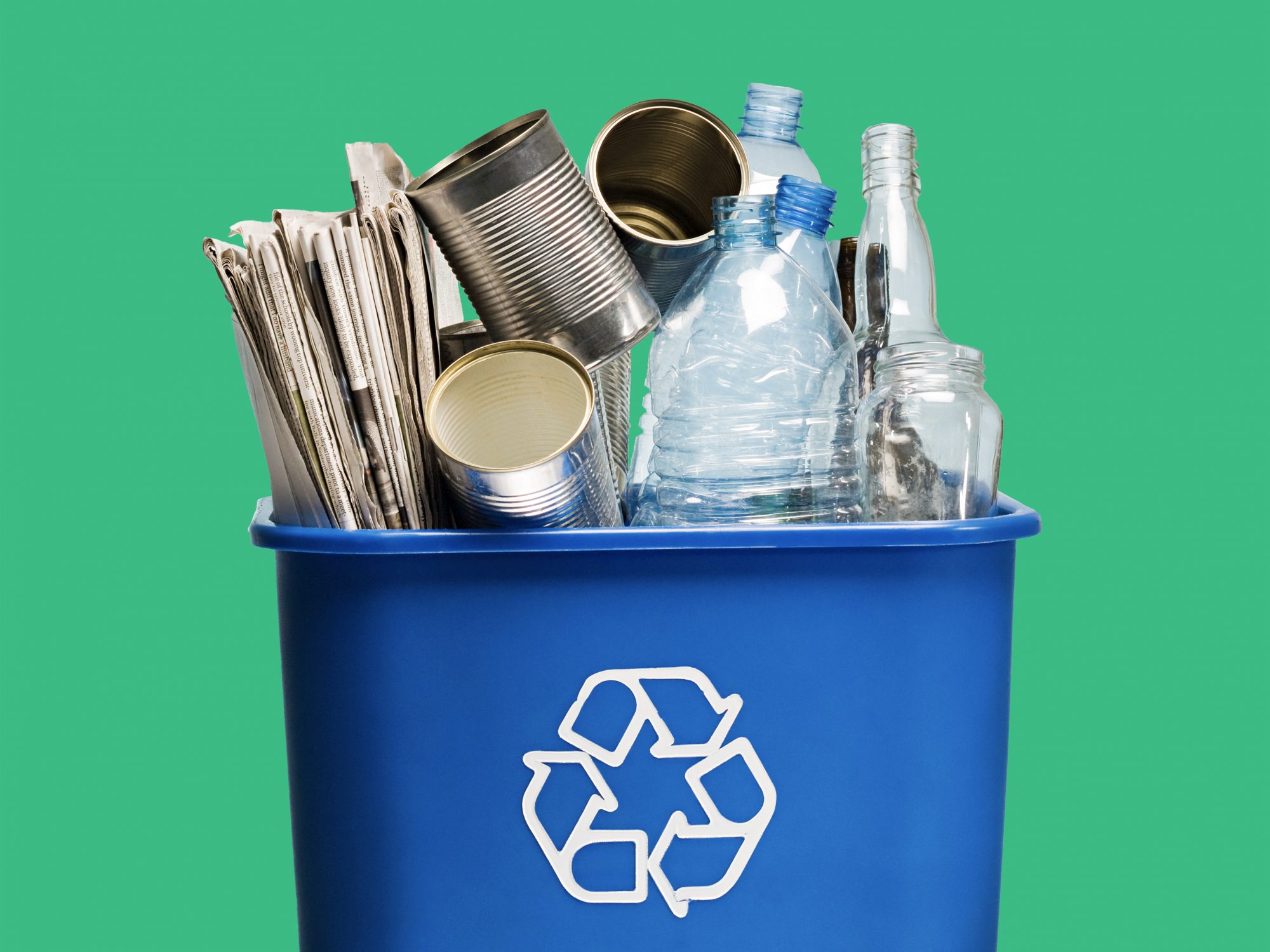
What is the process called when plants use sunlight to make their food?
Photosynthesis!
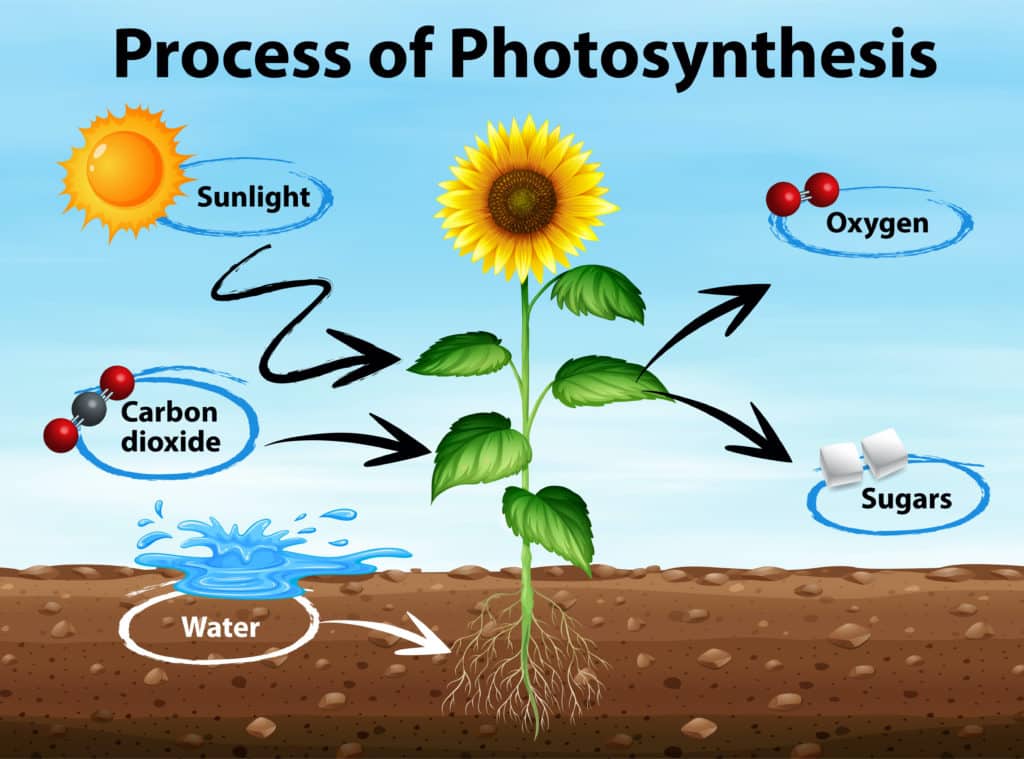

TRUE or FALSE: Grass is the world's fastest growing plant.
FALSE! The fastest growing plant is the bamboo plant.
What is the name of the building in the Humber Arboretum (that has the red door?)
What is the Centre for Urban Ecology?
As a student, how can you apply the 3 R's?
> By thinking green when you buy your school supplies
> Saving packaging
> Use egg cartons and other recyclable materials for arts and crafts projects
> Re useable water bottle!
> Don't print if you don't need to!
> Sort your trash into the correct bins
What plants are capable of cleaning water by absorbing heavy metals?
Cattails, iris, and water lilies!

What is the name of the app from the City of Toronto, that helps you to sort your trash?
The Waste Wizard App!
TRUE OR FALSE: By 2049 there will be more plastic than fish in the ocean.
TRUE.
Ocean pollution by plastic waste is a major concern. More and more fish and marine life populations are declining due to plastic.
Which building on campus is covered in solar panels?
The Commuter Hub! (The really awesome new parking building) it has sixteen electric vehicle charging stations.
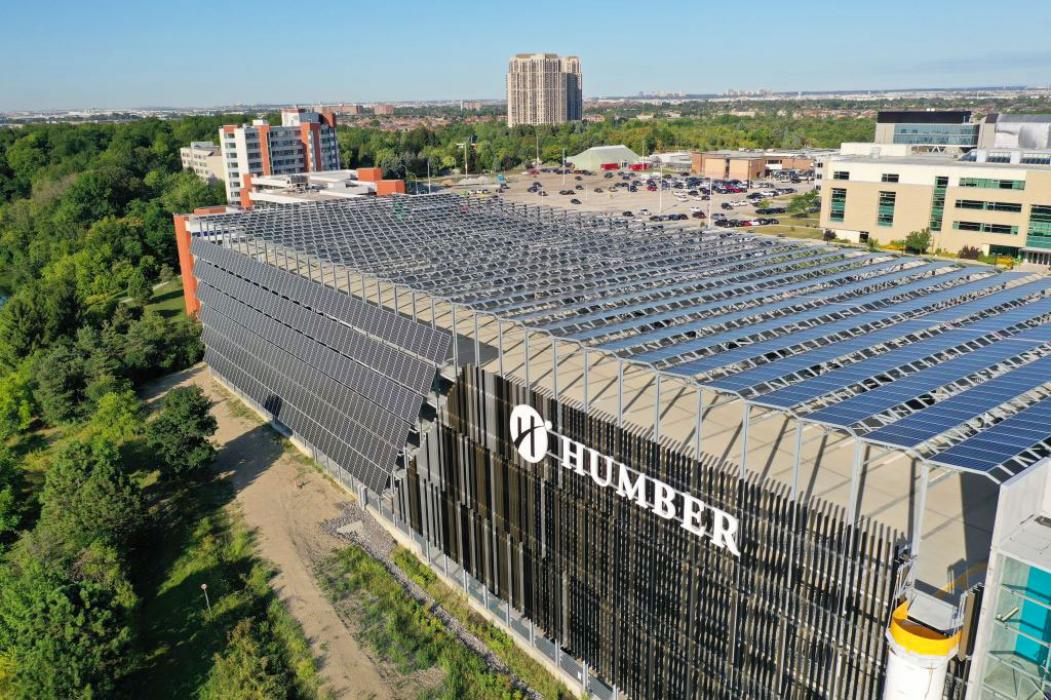
What animals recycle?
> Birds! They build their nests from whatever is available. Plastic, strings, dried grasses, etc...
> Hermit crabs. They use all types of materials for their shells, like cups, cans, or bottles, and even shells from other species of animals.
> Orb weaver spiders! They decorate their webs with whatever they can find to hide their web. They rebuild their webs every day so they are always busy recycling!
> Coral! They re purpose wreckage on the sea floor and help to create habitats for ocean life.
> Octopuses are smart! They are one of the most intelligent creatures in the ocean. They reuse whatever they can find to make themselves a home.
What is agromining?
When plants grown in nickel rich soil, it will stock the nickel from the soil in its leaves. After the plant is harvested and burnt, you get some energy and ashes!
From those ashes, you get nickel salts which will be reused in different manufacturing industries. This process is called agromining! It mixes soil sciences, agronomy, soil microbiology, and process engineering.
Where can you donate your used electronics (laptops, cellphones, and general electronics)
Here's a list of organizations in Toronto that can take your gently used electronics, refurbish them, and sell them:
Boys & Girls Clubs of Canada
Diabetes Canada
Electronic Recycling Association
Free Geek Toronto
Furniture Bank
Oasis Clothing Bank
Ontario Federation for Cerebral Palsy
ReBOOT Canada
The Salvation Army
TRUE or FALSE: Bees can communicate with other bees to tell them where the food sources are. This is called a waggle dance.
TRUE! Bees do a waggle dance for other bees in their hive to show them where they can find a food source.
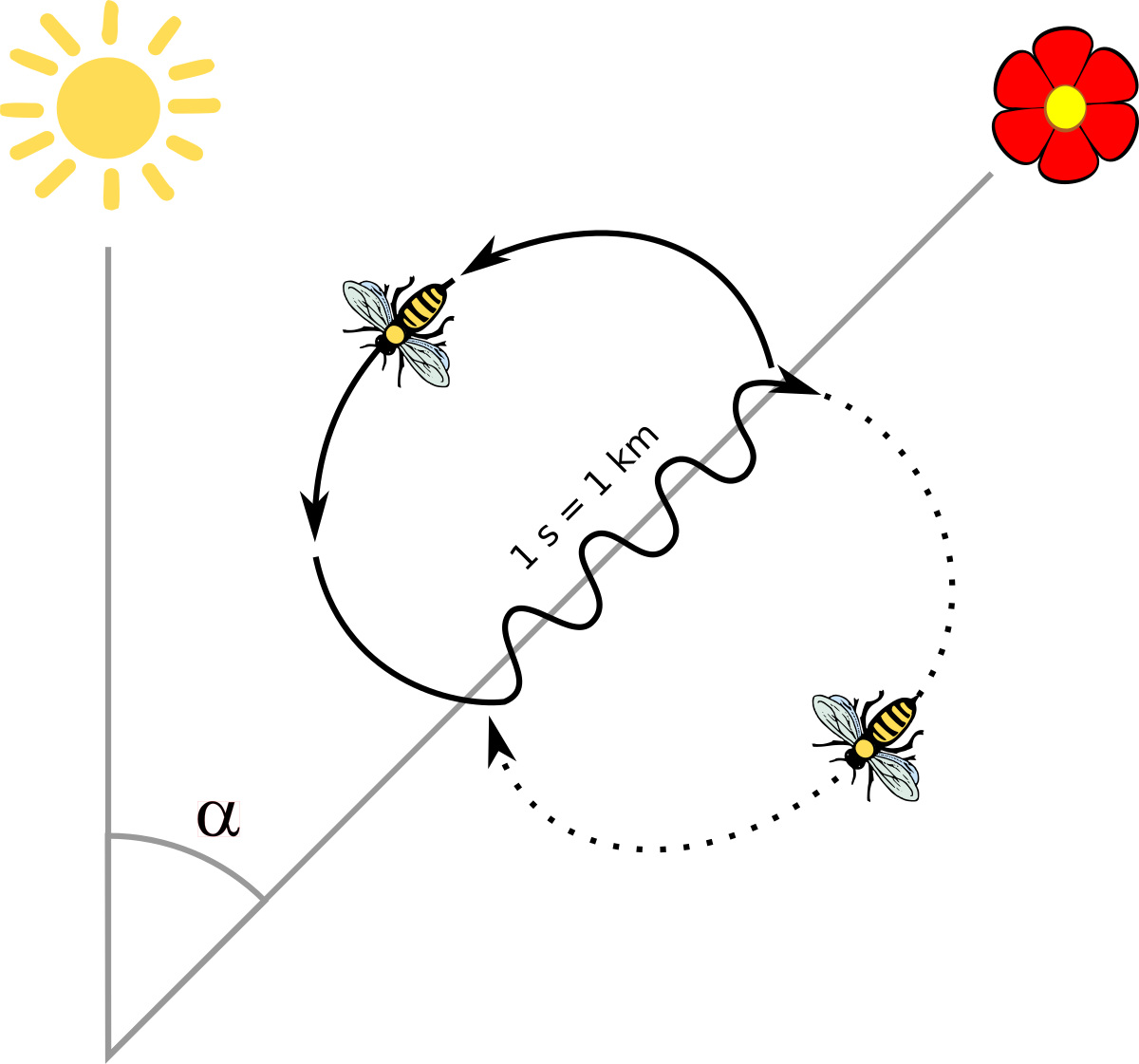
We have a special garden on campus that supplies food to the local community, as well as to the Humber culinary program. What is the name of the garden?
What is the Food Learning Garden!

The food learning garden provides vegetables, herbs and spices...as well as a place for horticultural students to practice their skills!
What does this symbol mean?

It is a plastic resin identification code!
![]()
What is a biodigester?
A biodigester is like a mechanical stomach. It is fed with organic material, which is broken down (decomposed) by micro-organisms (bacteria) is an oxygen-free (anaerobic) environment to produce a renewable energy called biogas (methane and carbon dioxide) and other material that is mainly used as fertilizer.
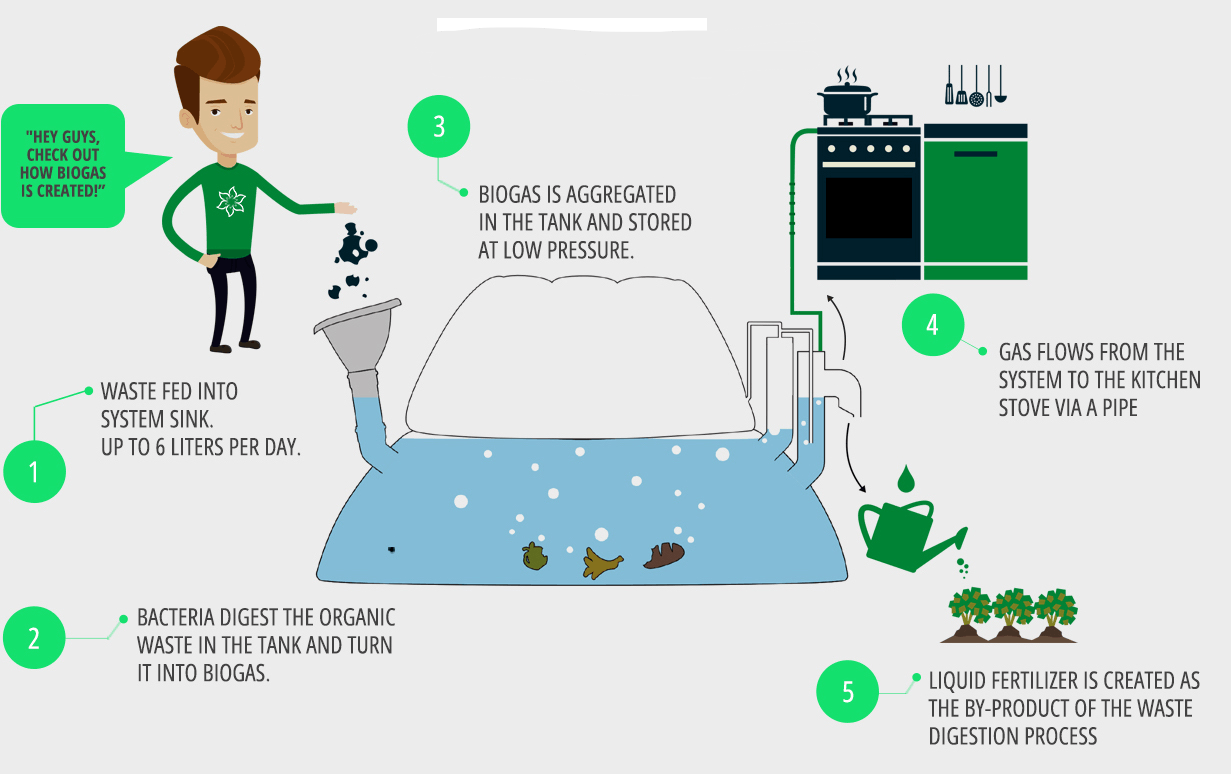
Pet Fur!
Put your pet fur outside in the springtime so that birds can use it to line their nests :)
TRUE or FALSE: The Albatross bird spends the first five to six years of their life without touching land.
TRUE! The albatross is a sea bird, and they prefer to stay on the water and in the air. They only come to land for mating season.

